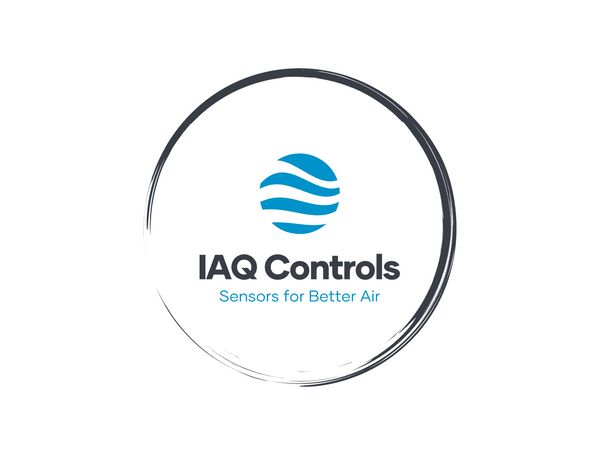Volatile Organic Compounds (VOCs) range from mild irritants to highly toxic, cancer-causing chemicals. Health effects depend on exposure duration and concentration. Short-term exposure limits (STEL) refer to the highest concentration safe for 15-minute exposure periods, while long-term limits (TWA - Time-Weighted Average) represent the maximum safe exposure over 8 hours to prevent chronic health effects.
Low Toxicity VOCs (Irritants & Mild Effects)
These VOCs are unlikely to cause severe harm but can lead to irritation and discomfort:
-
Ethanol & Isopropanol (disinfectants, sanitizers)
- STEL: Not established
- TWA: 400 ppm (Ethanol, OSHA), 200 ppm (Isopropanol, OSHA)
-
Acetone (nail polish remover, adhesives)
- STEL: 1,000 ppm
- TWA: 500 ppm (OSHA)
-
Terpenes (Limonene, Pinene) (air fresheners, scented products)
- No official limits, but can react with ozone to form secondary pollutants like formaldehyde.
Moderate Toxicity VOCs (Neurological & Organ Damage Risks)
These VOCs impact brain function, organs, and immune response over time:
-
Toluene (paints, glues, fuels)
- STEL: 150 ppm
- TWA: 200 ppm (OSHA), 20 ppm (ACGIH, stricter)
-
Xylene (solvents, gasoline)
- STEL: 150 ppm
- TWA: 100 ppm (OSHA)
-
Perchloroethylene (PCE) (dry cleaning solvent)
- STEL: None
- TWA: 100 ppm (OSHA), 25 ppm (ACGIH)
High Toxicity VOCs (Carcinogens & Severe Health Risks)
These VOCs cause cancer and have no safe exposure level:
-
Benzene (fuel vapors, cigarette smoke)
- STEL: 5 ppm
- TWA: 1 ppm (OSHA), 0.1 ppm (NIOSH recommended)
-
Formaldehyde (furniture, insulation)
- STEL: 2 ppm
- TWA: 0.75 ppm (OSHA), 0.1 ppm (WHO indoor limit)
-
Trichloroethylene (TCE) (degreasers, industrial use)
- STEL: 200 ppm
- TWA: 100 ppm (OSHA), but EPA recommends <0.002 ppm for safety.
Since VOCs affect health at different levels, reducing exposure—especially to high-toxicity VOCs—is key to minimizing long-term risks.
